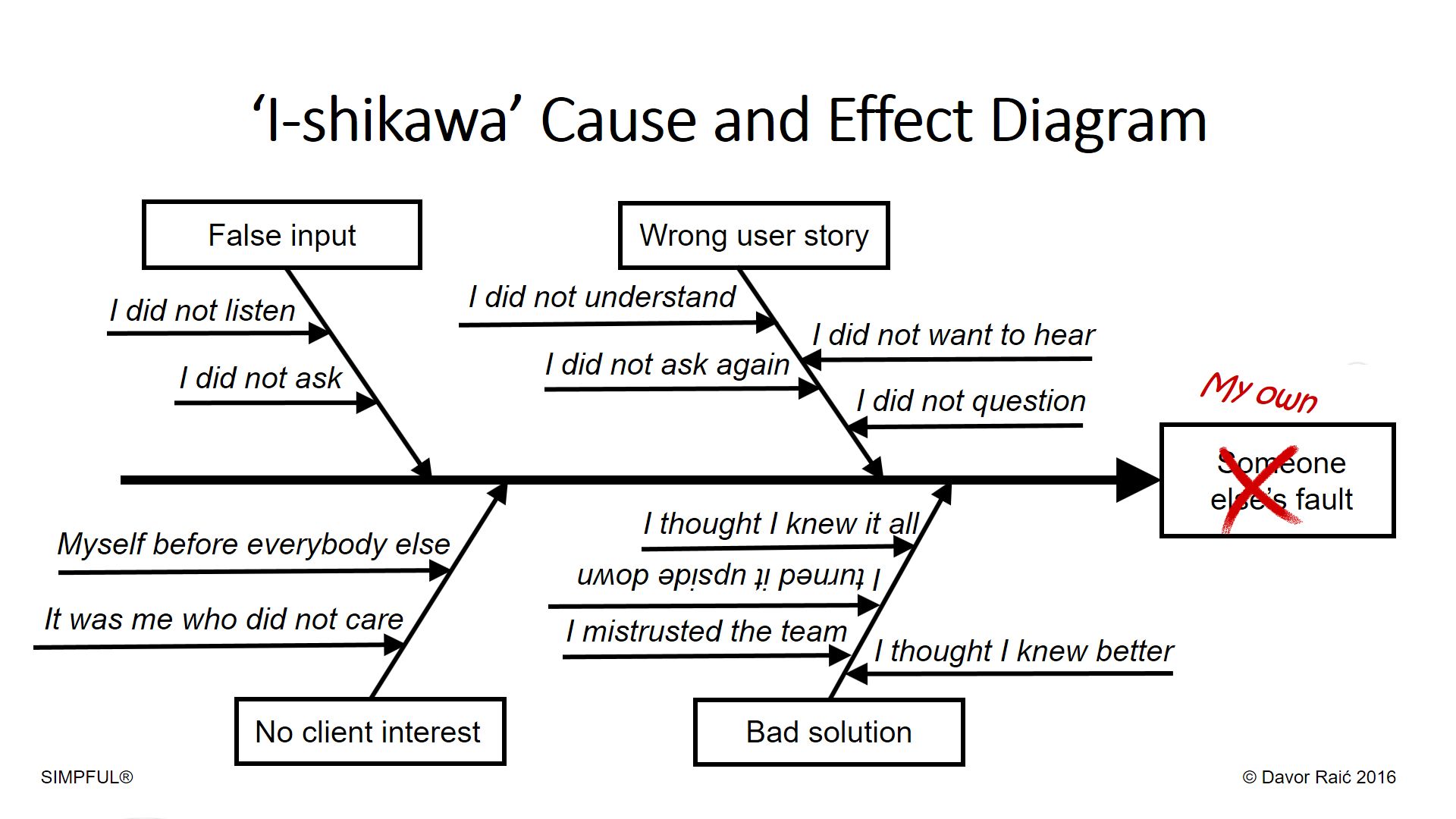 Back in September 2014, Erik Meijer, a Dutch computer scientist, gave a remarkable keynote speech at Reaktor Dev Day in Helsinki, Finland. It began with a claim that “Agile is a cancer that we have to eliminate from the industry”. You can follow the full video at Vimeo . This speech incited a large number of web discussions about who is right and who is not, who does and who does not understand Agile, but the most of those discussions missed the main point. The challenging opening was an overture to the main idea, and that is ‘One Hacker Way’. It contains – as may well be expected from a keynote speech – provoking, disputable and controversial statements, but also some very intriguing stuff. I would say: listen to the message, try to understand it and do not judge from a holy Agile corner.
Back in September 2014, Erik Meijer, a Dutch computer scientist, gave a remarkable keynote speech at Reaktor Dev Day in Helsinki, Finland. It began with a claim that “Agile is a cancer that we have to eliminate from the industry”. You can follow the full video at Vimeo . This speech incited a large number of web discussions about who is right and who is not, who does and who does not understand Agile, but the most of those discussions missed the main point. The challenging opening was an overture to the main idea, and that is ‘One Hacker Way’. It contains – as may well be expected from a keynote speech – provoking, disputable and controversial statements, but also some very intriguing stuff. I would say: listen to the message, try to understand it and do not judge from a holy Agile corner.
Going for project success is obvious, but how can we know if a project is headed to a failure? If we define that a project will fail if:
– It does not deliver what is needed and expected;
– Goes far out of budget and post-delivery cost;
– Will or cannot deliver on time.
Then the question is how to prevent this from happening. Plenty is available on best practices how to keep your projects on track, but preciously little on how to detect that a project may be headed to failure. One of useful resources I found is Letting Go: When Should You Cancel a Failing Project? The warning signs listed there are:
- Poor or missing requirements: not being able to describe and decide what is needed.
- Unrealistic schedule / budget: both ways – overestimate or underestimate, mostly the latter.
- Scope creep: not being able to keep within the requirements and allowing the scope to grow.
- Bad attitude: thinking that the project is a waste of time, not committing, even being hostile?
- People leaving: abandoning ship is connected to above, but with knowledge going away.
- Product failures: the product worked on shows too many failures, defects and issues.
Another useful compilation in found is How to Spot a Failing Project naming these:
- Lack of interest – both customers and project team.
- Poor communication – formal or informal; also people not talking to each other.
- Lack of velocity – things not moving, not having a fast moving team.
- A “no bad news” environment – a culture where bad news is slow going upwards.
- Missing concrete signs – dashboard preventing the green-green-green and last minute red.
- Lots of overtime – working overtime, in free time, stress going up, health going down.
- Diversion of resources – people pulled off project, by management or themselves.
- Metrics missing – no use of standard metrics like cost ratio and schedule ratio.
- Milestones not met – from internal stepping stones leading to major ones like gates
- Scope changes – scope creep, seep or crush; requirements may change, though.
There’s more in 7 Signs Your Project is Headed for Failure focusing on vision:
- The “vision guy” leaves.
- There’s no Vision Guy in the first place.
- Everybody is “the Vision Guy.”
- Project goals less important than corporate politics.
- Nobody knows what success looks like.
- Expert input ignored.
- Anything risky rejected out of hand.
Do you recognise some of the above? Well, it is time you did something about it, then. But what? Stay tuned.
Your project does not work and you cannot figure out why. Is it possible that your team and you are victim to the Cargo Cult science? … They’re doing everything right. The form is perfect. It looks exactly the way it looked before. But it doesn’t work… Reading Richard Feynman’s commencement address given at Caltech in 1974 may give you some clues and inspiration.
 Megan M. Raftery of KellyOCG published an interesting study on The ‘Always Connected’ Worker. It seems that many of us do not believe this is improving productivity, and even more are feeling stressed and pressured as a result. Read the full report here. She has more on that topic, check out her blog.
Megan M. Raftery of KellyOCG published an interesting study on The ‘Always Connected’ Worker. It seems that many of us do not believe this is improving productivity, and even more are feeling stressed and pressured as a result. Read the full report here. She has more on that topic, check out her blog.



